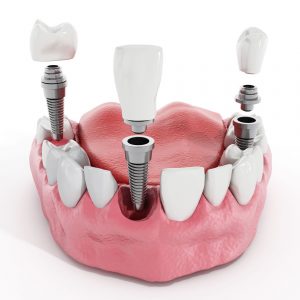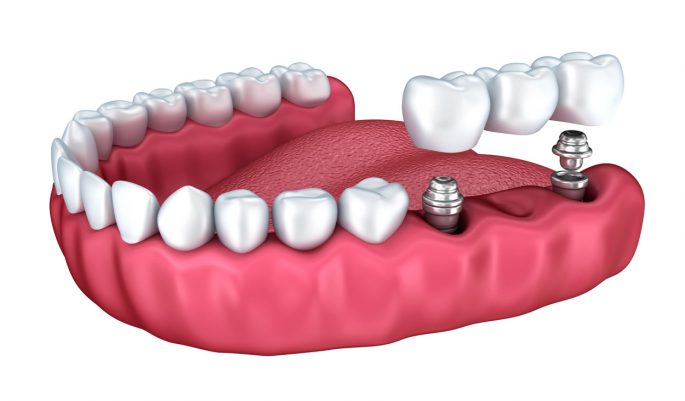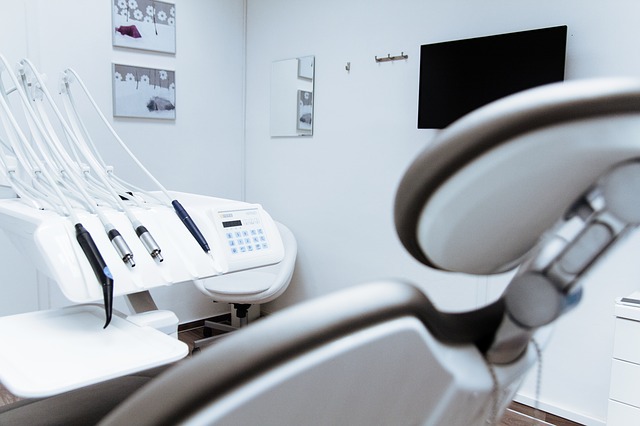Here at CEREC Stories, we often get asked about dental implants and how they will affect CEREC. Dental implants are the superior choice when it comes to tooth replacement options. It is because of their very high success rate and the fact that they are long-lasting. They also usually look like real teeth and function in the same way. However, everyone is different, and for some people, dental implants may not be the best choice. This may be due to medical reasons, personal preferences, or if they have insufficient bone mass to support the implants. So, what are the alternatives to dental implants? Read on to find out more.
Full Mouth Dentures
Dentures are usually the go-to restoration dentistry option for people who have lost almost all their teeth. Full mouth dentures are a great option if you are missing all of your teeth or are planning to remove all the remaining teeth due to disease or damage. The good thing about them is that they look like your real teeth; therefore, you have nothing to worry about. They are also aesthetically pleasing and will improve your speech over time. The other benefit of full mouth dentures is that they will preserve your facial structures and prevent jaw misalignment. However, these dentures are not usually permanently fixed; therefore, you can remove them to clean them, and when you are sleeping. Also, they are not as effective as dental implants or natural teeth when it comes to chewing; hence you may be limited in your diet choices.
Partial Dentures
 Partial dentures are an option if you have only lost several of your teeth, not all of them. They are a perfect option if you have some healthy teeth, and only a few are missing. They are usually composed of a plastic base that matches the color of your gums, whereby artificial teeth are attached. As DentalHealth.org details, metal clasps are then attached to the surrounding natural teeth. Since the synthetic base matches the color of the gums, they are practically unnoticeable. The good news about partial dentures is that they will allow you to speak and eat more efficiently. They are also simple to remove for cleaning. However, these dentures can be a bit uncomfortable sometimes and may need more repairs than their other counterparts.
Partial dentures are an option if you have only lost several of your teeth, not all of them. They are a perfect option if you have some healthy teeth, and only a few are missing. They are usually composed of a plastic base that matches the color of your gums, whereby artificial teeth are attached. As DentalHealth.org details, metal clasps are then attached to the surrounding natural teeth. Since the synthetic base matches the color of the gums, they are practically unnoticeable. The good news about partial dentures is that they will allow you to speak and eat more efficiently. They are also simple to remove for cleaning. However, these dentures can be a bit uncomfortable sometimes and may need more repairs than their other counterparts.
Fixed Bridges
Fixed bridges, unlike full and partial dentures, are usually fixed in place. Here, only the dentist can remove the bridge, as a unique bonding material installs it. Since they are fixed in place, you do not have to worry about them coming loose in the mouth. Also, they will feel and work like natural teeth, which will be a bonus. You also do not have to remove them for cleaning or while you are sleeping, which lessens the chances of you losing them or breaking them. Bridges are usually custom made for each patient; therefore, yours may be different from your friend’s. This makes them fit more securely and comfortably in the mouth. However, fixed bridges put the neighboring natural teeth under a lot of pressure, and you might need to remove some of the natural teeth to make room for the bridge. Also, cleaning may be quite a task as you cannot remove them, as is the case with the full and partial dentures.
When it comes to tooth replacement options, the patient needs to have a discussion with their dentist on the best option. This is because there are many options in the market, and you need to know what will work best for you. With the above options, you will be able to come to a decision more efficiently based on the information provided. With the right dentist, you will; be able to have aesthetically pleasing and functional teeth in no time.
References
- https://www.mouthhealthy.org/en/az-topics/d/dentures
- https://www.dentalhealth.org/bridges-and-partial-dentures




 You need to win back your natural smile. Dental crowns are the solution for damaged teeth. It is very useful to cap or entirely cover your damaged tooth. Apart from strengthening your damaged tooth, crowns are also used to align, shape and improve the appearance of your teeth. With that said, crowns can also be placed on top of an implant so as to provide a tooth-like structure or shape. Ceramic or porcelain crowns can be designed to match the color of your precious teeth. Some of the materials used to design crowns include; metal alloys, gold, and ceramic. Here is a closer look at a CEREC crown.
You need to win back your natural smile. Dental crowns are the solution for damaged teeth. It is very useful to cap or entirely cover your damaged tooth. Apart from strengthening your damaged tooth, crowns are also used to align, shape and improve the appearance of your teeth. With that said, crowns can also be placed on top of an implant so as to provide a tooth-like structure or shape. Ceramic or porcelain crowns can be designed to match the color of your precious teeth. Some of the materials used to design crowns include; metal alloys, gold, and ceramic. Here is a closer look at a CEREC crown.